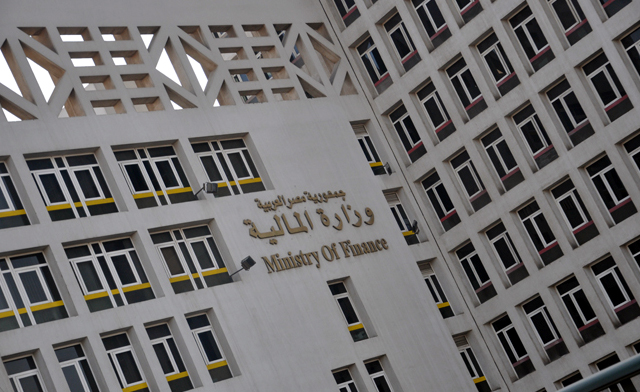Egypt's state budget deficit, bloated after political turmoil rocked the economy, is forecast to widen to 9.38 percent of gross domestic product (GDP) in the 2011/12 fiscal year, the finance minister said.
That compares with an expected deficit of about 8.5 percent for the 2010/11 fiscal year ending on 30 June, Samir Radwan told Reuters on Monday.
Soaring prices and high unemployment fuelled pro-democracy protests that brought down President Hosni Mubarak in February after 30 years in power in the Arab World's most populous state.
Economists say a decline in tourism, consumption and business activity since the unrest broke out has hit tax revenues, which make up about 60 percent of government income. The government has also boosted social spending in response to protestors' demands for jobs and higher wages.
The draft budget due to be presented to the cabinet foresees revenue of LE342.6 billion pounds and spending of LE500.7 billion, Radwan said.
Before the unrest, Egypt had predicted a deficit of 7.9 percent of GDP for fiscal 2010/11, but later revised that upwards to 8.2 to 8.4 percent.
Planning and International Cooperation Minister Faiza Abu el-Naga announced on Monday a development plan worth LE230 billion to kick-start the economy after Mubarak's ouster.
She said that 55 percent of the plan, which still needs to be approved by the government, would come from the private sector. The rest would come from the public sector.
"The hope is that the private sector – local, Arab and international investors – will contribute to this plan after security returns to the country," she said.
The plan envisages adding LE1.7 billion for extra spending on health, education, training and vocational education, the minister said.
Egypt has said it is seeking US$10 billion in funding from international lenders and rich nations to help it cope with the fallout from the mass protests that toppled Mubarak.
The country's economy contracted an estimated 7 percent in January-March and the International Monetary Fund is projecting a plunge in growth to 1.0 percent this year, well below its long-term average, after a 5.1 percent expansion in 2010.



